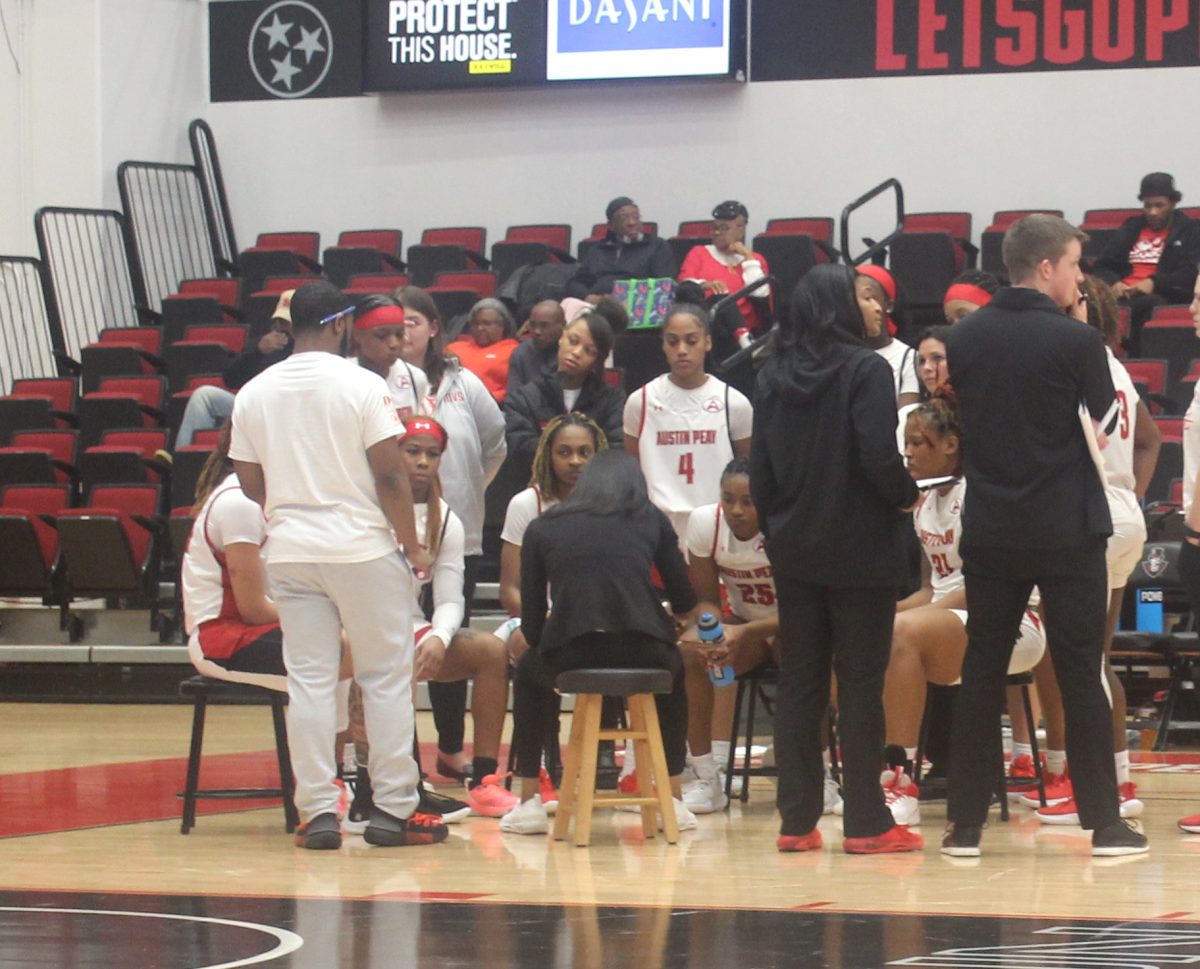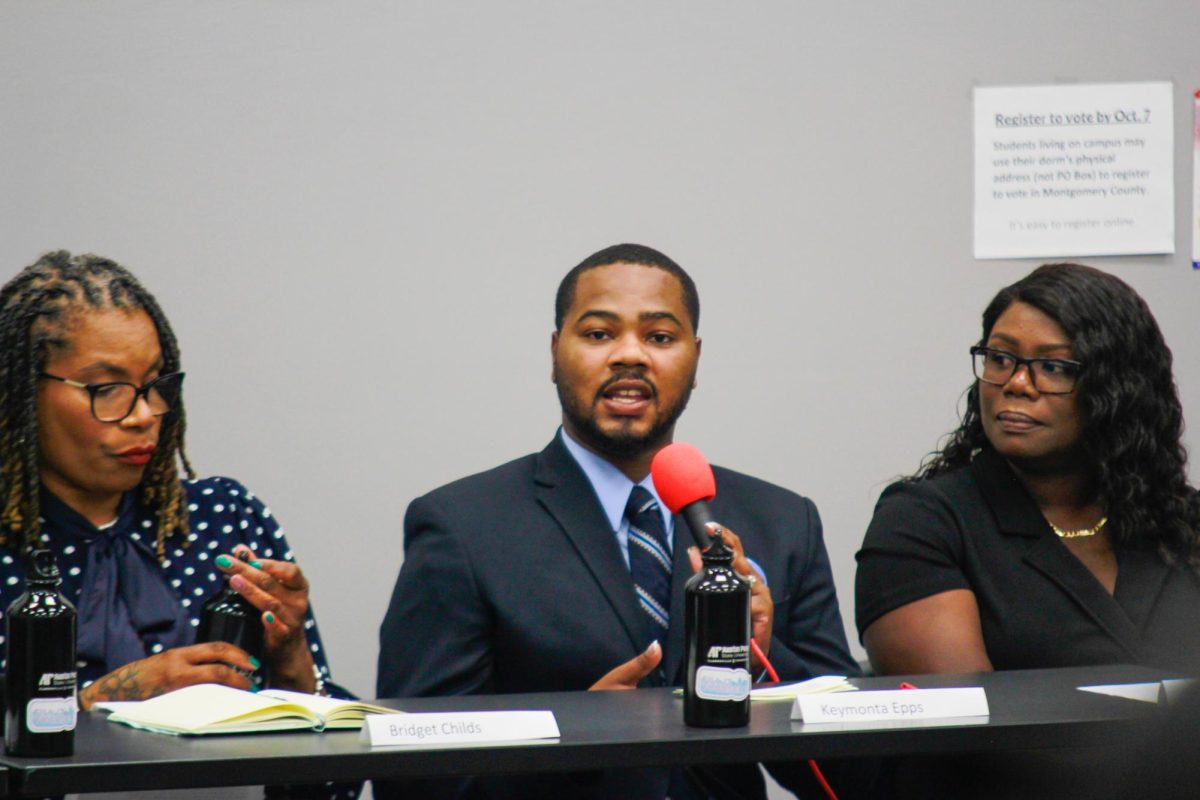Contributed by: AP News
NASHVILLE, Tenn. (AP) — Republican candidates maintained control in Tennessee in Tuesday’s election with the help of high voter turnout throughout the state.
Two open statewide contests sparked high-profile attention in the buildup to Election Day, with officials reporting high amounts of early voting and absentee ballots being cast.
Despite the attention, little will change in the political makeup of Tennessee. Republicans will continue to control the U.S. Senate, governor’s seat and statehouse, but the longstanding moderate tone that outgoing GOP leaders such as U.S. Sen. Bob Corker, Gov. Bill Haslam and House Speaker Beth Harwell held while in office could be exchanged with more outspokenly Republican replacements.
Here is a look at the major victories:
U.S. SENATE
Republican U.S. Rep. Marsha Blackburn became Tennessee’s first female U.S. senator after defeating Democratic former Gov. Phil Bredesen.
The two had been locked in a tough, expensive fight to replace Corker, who is retiring at the end of the year.
The campaign spending shattered Tennessee records, as Bredesen argued he would be an independent voice in Washington, and Blackburn countered by tying him to national Democrats. Blackburn closely aligned herself with the White House, having drawn visits to Tennessee from President Donald Trump, Vice President Mike Pence and other prominent Republicans.
Bredesen’s campaign had spent $15.2 million through mid-October, while outside groups have spent about $26.3 million as of early this week to help him. Blackburn’s campaign, meanwhile, shelled out about $12 million through mid-October, and outside groups some $31.6 million for her bid.
Blackburn, from Brentwood, was first elected to the U.S. House in 2002. She calls herself a “hardcore, card-carrying Tennessee conservative” who will fight for Trump’s agenda.
Bredesen was Tennessee’s governor from 2003 to 2011, and served as Nashville’s mayor before that.
GOVERNOR
Republican businessman Bill Lee won his bid to be Tennessee’s next governor against former Democratic Nashville Mayor Karl Dean.
While the battle for governor was often overshadowed by the high-profile Senate race, the race did result in record breaking spending in the build up to Election Day.
Ultimately, voters chose Lee, a political newcomer who touted his faith and used the success of his business — Lee Company, a $225 million mechanical contracting, facilities and home services firm with more than 1,200 employees — to argue that he’s ready to lead the state.
That victory was secured in an overall positive campaign between the two candidates. However, Dean spent the last few weeks of the campaign increasing Lee’s vague answers on the state’s top policy issues. In one ad, Dean went as far as to call Lee “extreme” due to his support for private school vouchers and arming teachers.
Lee has continued to shrug off those accusations and declined to address them when asked. He instead has vowed to work with both political parties to move Tennessee forward.
U.S. HOUSE
Democrats made no gains in the nine races for the U.S. House, including three open seats retained by Republicans.
All six House incumbents cruised to victory to maintain the party breakdown status quo: Seven Republicans, two Democrats.
Former GOP Knox County Mayor Tim Burchett won in District 2 in East Tennessee, a seat vacated due to the retirement of Republican John Duncan Jr.
Republican Diane Black’s failed gubernatorial run made room for a new face in District 6, where Republican farmer John Rose won.
Republican Marsha Blackburn’s successful run for U.S. Senate left District 7 open, and GOP state Sen. Mark Green won that seat.
LEGISLATURE
Republican supermajorities looked firmly intact in the state General Assembly, where all 99 seats in the House and 18 of the 33 Senate seats were on the ballot.
State Senate GOP Speaker Randy McNally declared a clean sweep for Republicans in his chamber’s slate of elections, and House Republicans looked on track to hold their ground.
Plenty of lawmakers did not return. Eighteen Republican and seven Democratic incumbents in the House are not seeking re-election, and two Republicans lost in the primary.
They included Republican Speaker Beth Harwell of Nashville and Democratic Minority Leader Craig Fitzhugh of Ripley, who both unsuccessfully ran for governor. The Harwell seat was picked up by Democrat Bob Freeman and the Fitzhugh seat flipped to Republican Chris Hurt. Knoxville GOP Rep. Eddie Smith also lost his seat to a Democrat.
In the Senate, Democratic Sens. Lee Harris and Thelma Harper, and Republican Sen. Bill Ketron of Murfreesboro did not seek re-election. Democratic Sen. Reginald Tate lost a primary contest.
Thirteen seats in the Senate and 73 in the House featured a contested race with a Democrat and Republican.



















